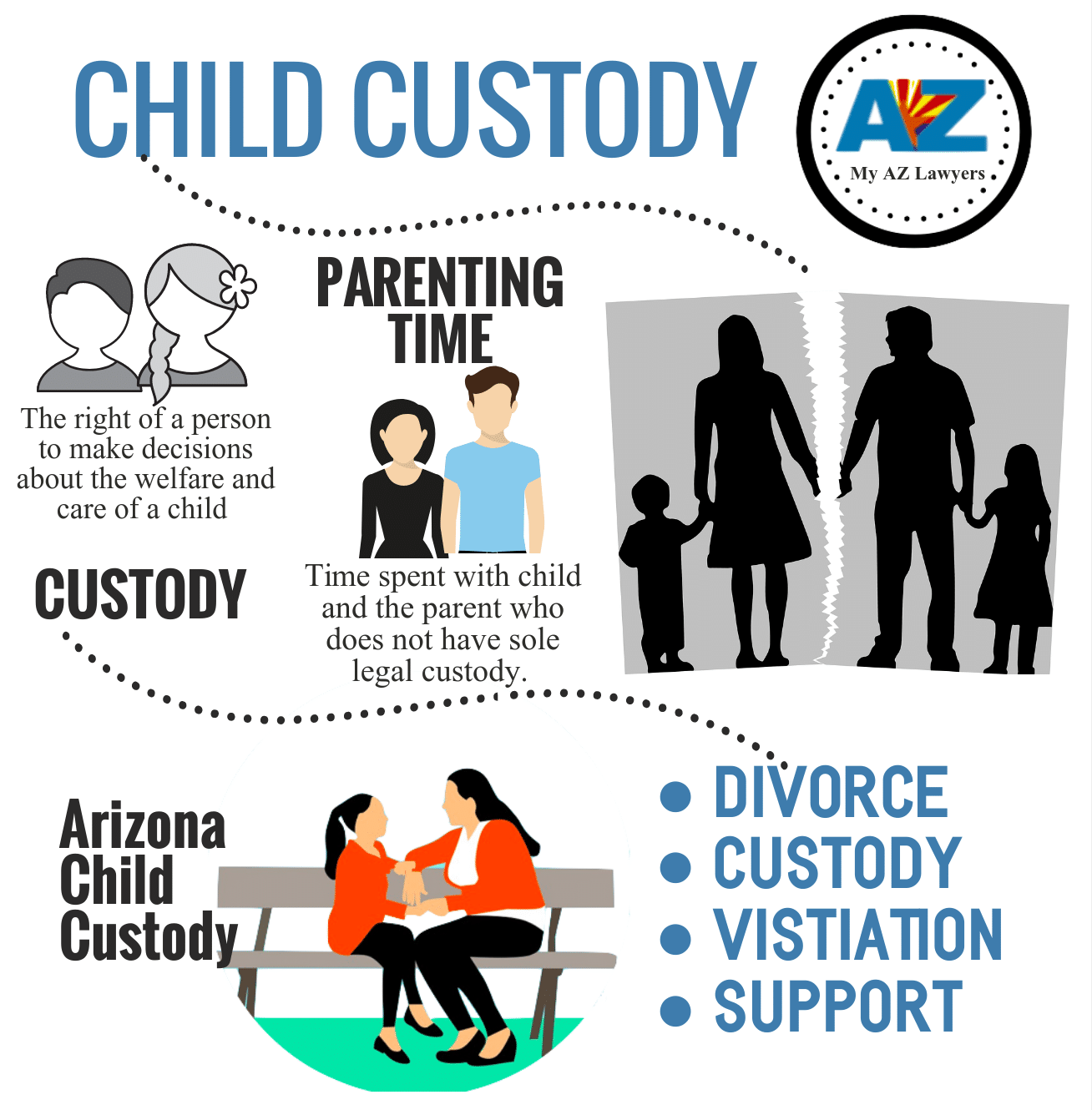Divorce Law Explained: When to Call a Lawyer
Divorce Lawyer: Your Legal Partner Through Separation

Divorce Law process is never simple. It can be emotionally taxing, complicated financially, and overwhelming legally. Having a knowledgeable divorce attorney at your side during such a trying time can make all the difference. Throughout the process of dissolving a marriage, a divorce lawyer serves as your advocate, advisor, and negotiator in addition to being your legal representation.
A Divorce Lawyer: Who Is One?
An attorney who focuses on cases involving the dissolution of marriage is known as a divorce lawyer. In matters such as property division, child custody, spousal support, and other legal obligations that come up during a divorce, their role is to represent and defend your interests.
They receive training in courtroom litigation, negotiation, and conflict resolution in addition to family law. A divorce lawyer offers the legal assistance you require, regardless of how straightforward and uncontested your divorce is or how complicated and contentious it is.
When Is a Divorce Attorney Necessary?
Although some couples may attempt to handle a divorce without legal assistance, it is strongly advised to work with a divorce attorney if:
- You must determine custody or support for your children.
- Shared property, assets, or debts need to be divided.
- You are being threatened emotionally or subjected to domestic violence.
- A lawyer has been engaged by your spouse.
- There are complex legal concerns or the divorce is challenged.
- A divorce attorney guarantees that your legal rights are upheld and that the deal is equitable, even in cases of friendly separation.
What is the Role of a Divorce Attorney?
A divorce attorney offers several different services, such as:
1. Legal Counsel
They give you concise explanations of your alternatives, obligations, and legal rights. Throughout the divorce process, their advice enables you to make well-informed decisions.
2. Documentation and Filing
There is a lot of paperwork involved in divorce. From submitting financial declarations and completing settlement agreements to filing the initial petition, a divorce lawyer manages all legal paperwork.
3. Engaging in Settlement Negotiations
In order to prevent a drawn-out court battle, a competent divorce attorney attempts to negotiate reasonable arrangements involving property, custody, and financial support.
4. Acting as Your Attorney
Your attorney will present your case, fight for your rights, and try to get a favorable decision if discussions break down and your case ends up in court.
5. Preserving the Rights of Parents
In order to safeguard parental rights and promote the children’s best interests, divorce attorneys assist in establishing just child custody and visitation schedules.

Characteristics of a Divorce Attorney
Your case’s outcome may be significantly impacted by your choice of attorney. Seek out a divorce attorney who is:
- knowledgeable about family law
- Compassionate and Perceptive
- A Skilled Bargaining Manager
- Unambiguous in Communication
- Adaptable and accessible
- Dedicated to Your Objectives
Finding the proper fit can be aided by reading reviews, examining qualifications, and setting up a consultation.
The Advantages of Consulting a Divorce Attorney
There are numerous benefits to hiring a divorce attorney:
- Lessens Stress: You may concentrate on your family and emotional health while they take care of the legal difficulties.
- Prevents Expensive Errors: Long-term issues may arise from errors made in legal documents or negotiations. Avoiding these is made easier by a lawyer.
- Assures Fairness: Attorneys defend your rights, both legally and emotionally as well as monetarily.
- Offers Peace of Mind: You’ll feel more assured and secure about the result if a professional is handling your case.
Concluding remarks
One of the hardest times in a person’s life might be going through a divorce. To help you navigate this change, defend your rights, and ensure a just outcome for your future, you need a skilled divorce attorney. Professional legal assistance guarantees that your interests—and those of your family—are adequately protected, regardless of whether your divorce is fought or amicable.





Post Comment